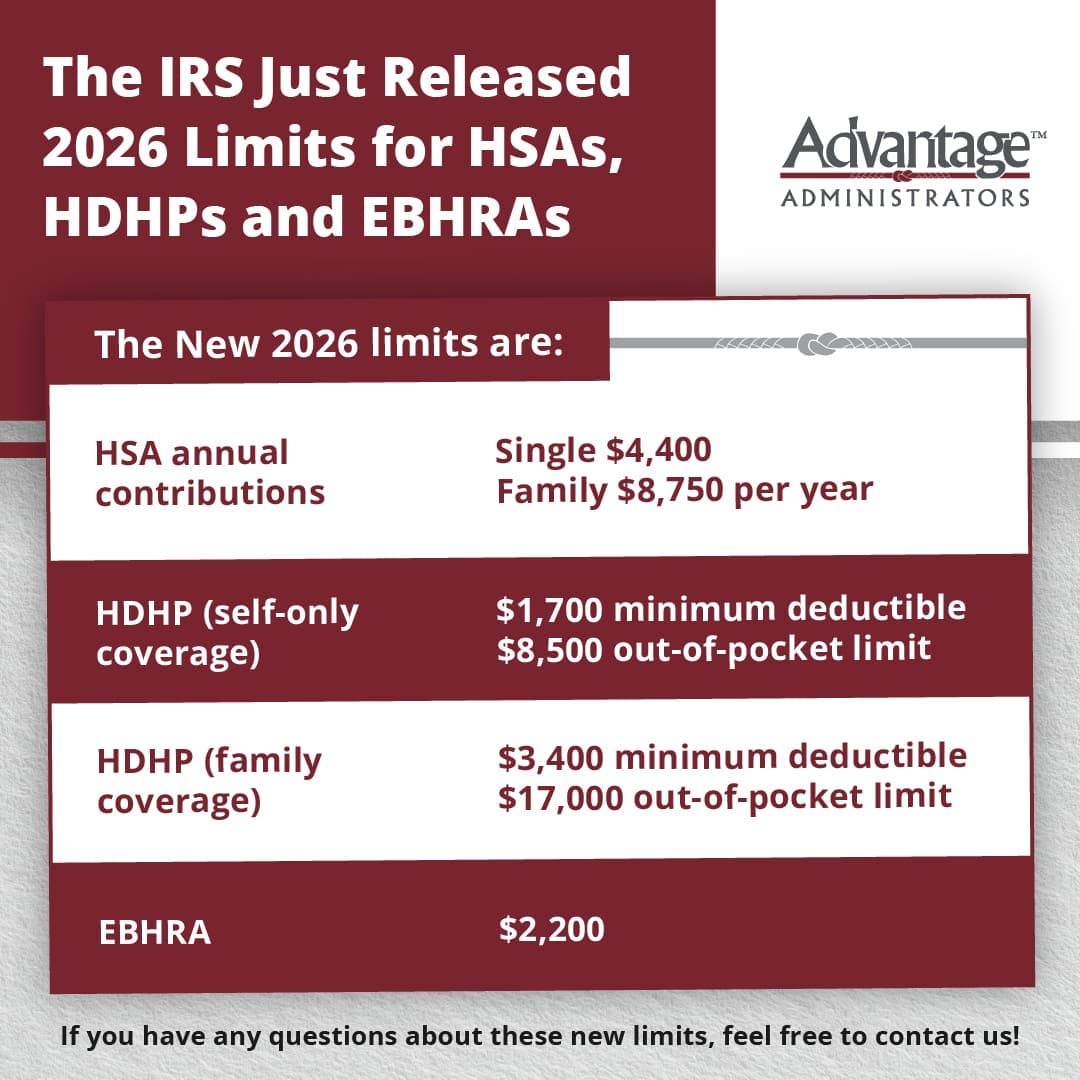Seven Basic Rules of an HSA you Need to Know
Understanding the basic rules of a health savings account (HSA) is critical in driving employee participation. Only half of those surveyed in our “Paying for Healthcare in America” report said that they understand the differences among the different health spending accounts. Let’s break down some of HSA’s basic rules.
Who is Eligible for an HSA?
IRS rules state that an individual must meet the following basic requirements in order to be eligible for an HSA:
- Be covered by an HSA-eligible health plan, otherwise known as a high-deductible health plan (HDHP)
- Not be covered by any other health plan that would disqualify them from an HSA (for example, a spouse’s plan or a medical flexible spending account)
- Not be enrolled in Medicare
- Not be claimed as a dependent on someone else’s tax return
What Expenses are Eligible?
Hundreds of expenses are considered eligible for HSA funds, including bandages, first-aid kits and copays for medical, dental or vision appointments.
What Happens if Funds are Spent on Ineligible Expenses?
Prior to age 65, if you spend HSA funds on an ineligible expense, you will pay income tax on your purchase and face a 20 percent tax penalty. Once you’re 65, you would no longer face a 20 percent tax penalty (although funds spent on ineligible expenses would be subject to income tax).
How Much can a Participant Contribute to an HSA?
The IRS sets contribution limits each year for HSAs.
When can a Participant Invest their HSA Funds?
If an individual is participating in an HSA through their employer, the employer generally determines what a participant’s balance must be before they can invest their funds. That balance amount is referred to as the investment threshold.
If an individual participates in an individual HSA, then the investment threshold is set by the HSA administrator. Refer to your account rules to learn your HSA’s investment threshold. In 2019, Devenir, a healthcare account investment expert, found that most HSA investment thresholds are between $1 and $1,000.
Do all Funds Carry Over?
Yes. One of HSA’s biggest perks is that all funds carry over from year to year regardless of whether an individual remains HSA-eligible, which makes these accounts ideal for investing and retirement planning.
When can a Participant Change their HSA Contribution Amount?
HSA participants can change their contribution amounts any time during the plan year. Participants should check with their employer if they want to do this through their payroll on a pre-tax basis.
The information in this blog post is for educational purposes only. It is not investment, legal or tax advice. For legal or tax advice, you should consult your own counsel. To stay up to date on benefits trends and insights, subscribe to our blog.










 Flex Plans
Flex Plans Forms
Forms HSA
HSA HRA
HRA Retirement
Retirement Health Shopper
Health Shopper FSA Store
FSA Store